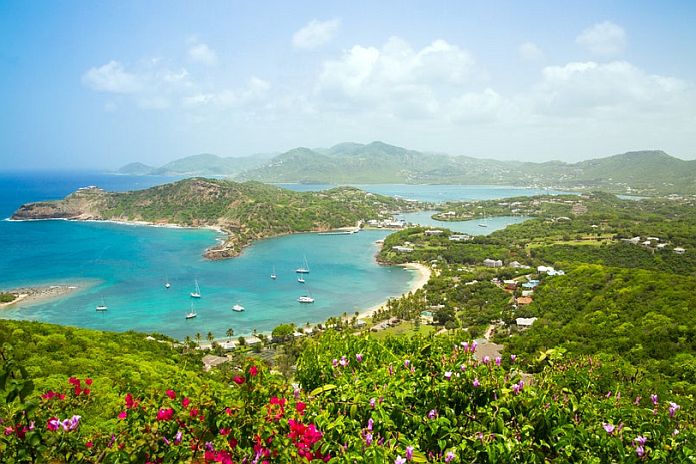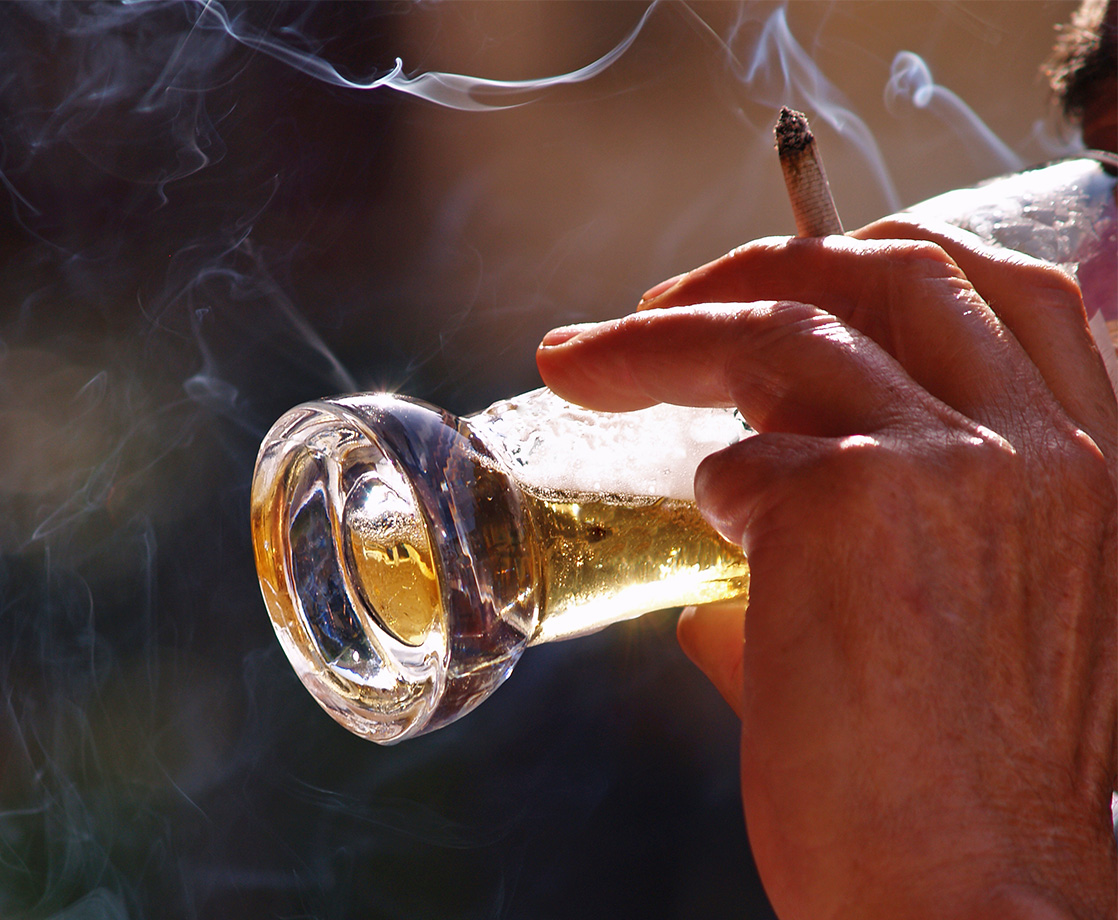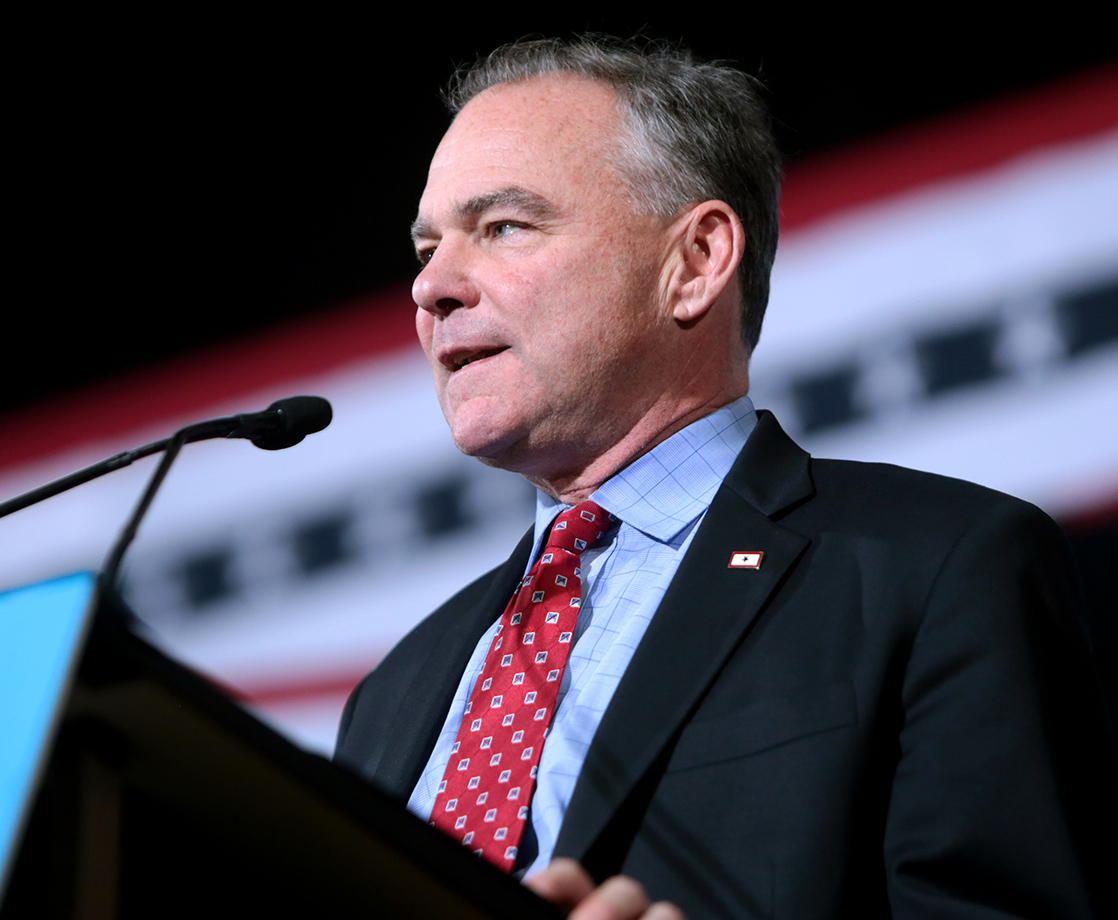Image via
The tiny Caribbean nation of Antigua and Barbuda has just granted Rastafari the legal right to grow and smoke ganja.
Under the country’s new laws, any member of the Rastafari faith can legally plant, grow, possess, and use unlimited amounts of cannabis. Atheists and members of other faiths aren’t excluded from these new freedoms, either. Adults who are not Rastafari will be allowed to grow up to four plants each and can possess up to 15 grams without risk of punishment.
“We believe that we have to provide a space for everyone at the table, irrespective of their religion,” Prime Minister Gaston Browne told The Associated Press. “Just as we’ve recognized other faiths, it’s absolutely important for us to also ensure that the Rastafari faith is also acknowledged … to acknowledge their constitutional right to worship and to utilize cannabis as a sacrament.”
As a further token of goodwill, government officials have leased a former sugar cane plantation in Antigua to the Ras Freeman Foundation for the Unification of Rastafari, one of the island’s largest Rastafari groups. The plantation, which has long served as a grim reminder of the country’s history of British colonialism and slavery, is now being transformed into sustainable farmland and worship grounds.
“This might be a small win, but it’s something we can definitely celebrate and feel proud of — that lands that were once used to enslave our people, we’re using it to liberate our community,” said Ras Freeman member Ras Richie to the AP.
Ras Freeman and other local Rastafari groups have been fighting for the legal right to use cannabis for years now. Since the 1930s, the Rastafari religion has regarded ganja as a sacramental, holy herb that is an essential component of their faith. But during the heyday of the War on Drugs, Antigua, Barbuda, and every other Caribbean nation criminalized cannabis and started throwing people in jail for exercising their religious freedoms.
“We see [ganja] as medicine, a food source,” explained Ras Freeman chairman Ras Kiyode Erasto to The Associated Press. “We see it as a sacrament. … It aids us into meditation and (to) tap into consciousness… To deprive us of our food, of our medicine, we saw that as being unjust. … We had to stand up and fight over the years.”
That fight has finally paid off, and Caribbean nations are finally starting to embrace cannabis again. Jamaica finally decriminalized cannabis possession in 2015, and eventually kicked off a thriving medical marijuana industry in 2018. The island of St. Kitts and Nevis granted its citizens the religious right to use ganja in 2019, and the US Virgin Islands completely legalized adult-use cannabis earlier this year.
Charles Price, a professor at Philadelphia’s Temple University who studies Rastafari identity, told The Associated Press that Antigua and Barbuda’s new cannabis law will become “test cases for the rest of the Caribbean. They’ll suggest the viability of this … so other nations can now look to these two nations and say, ‘Ah, they’ve done it.’”











